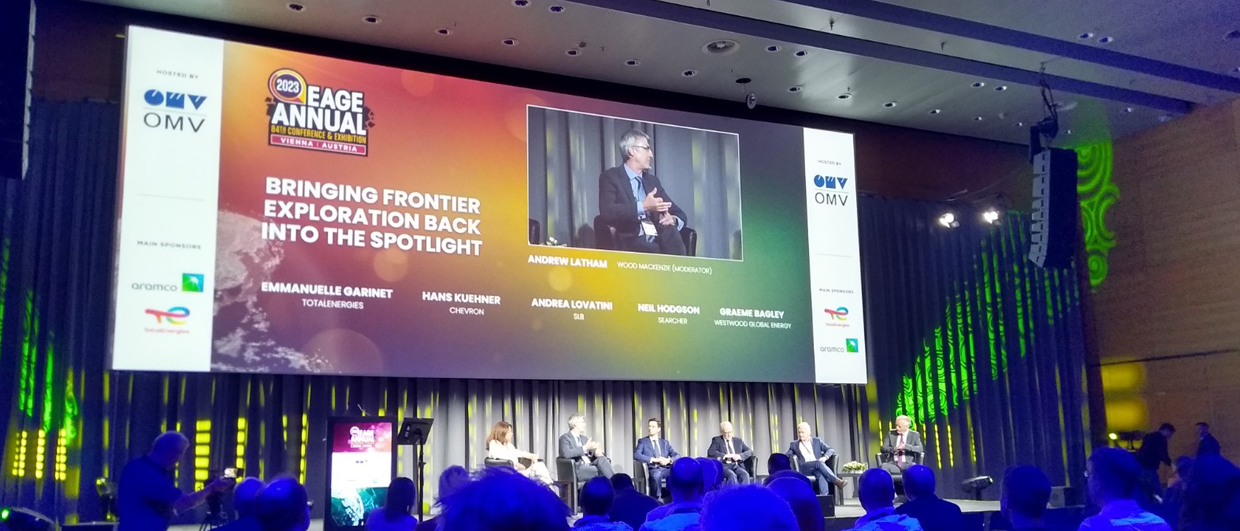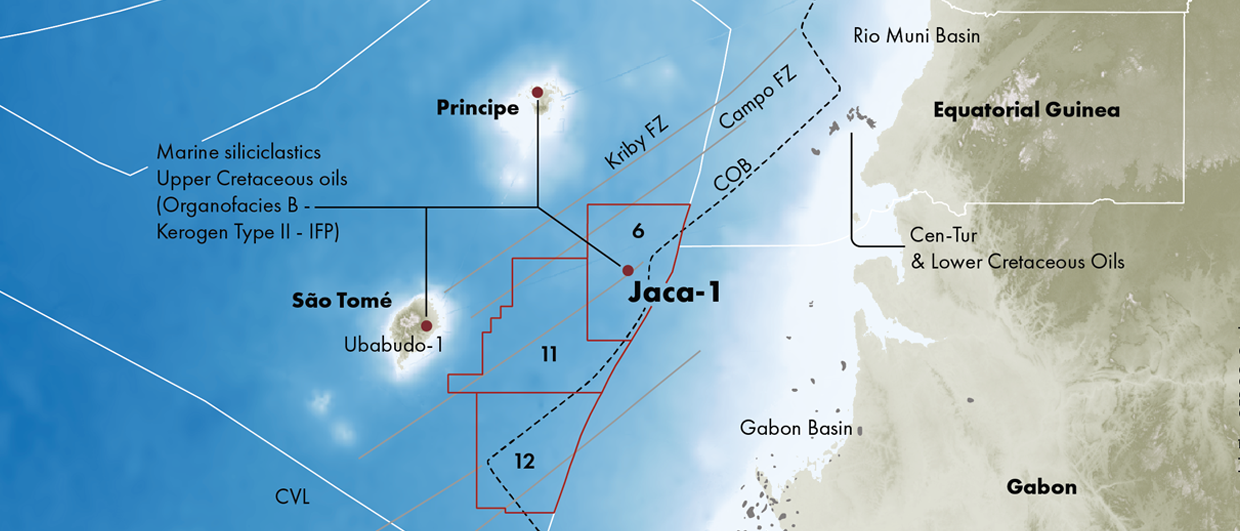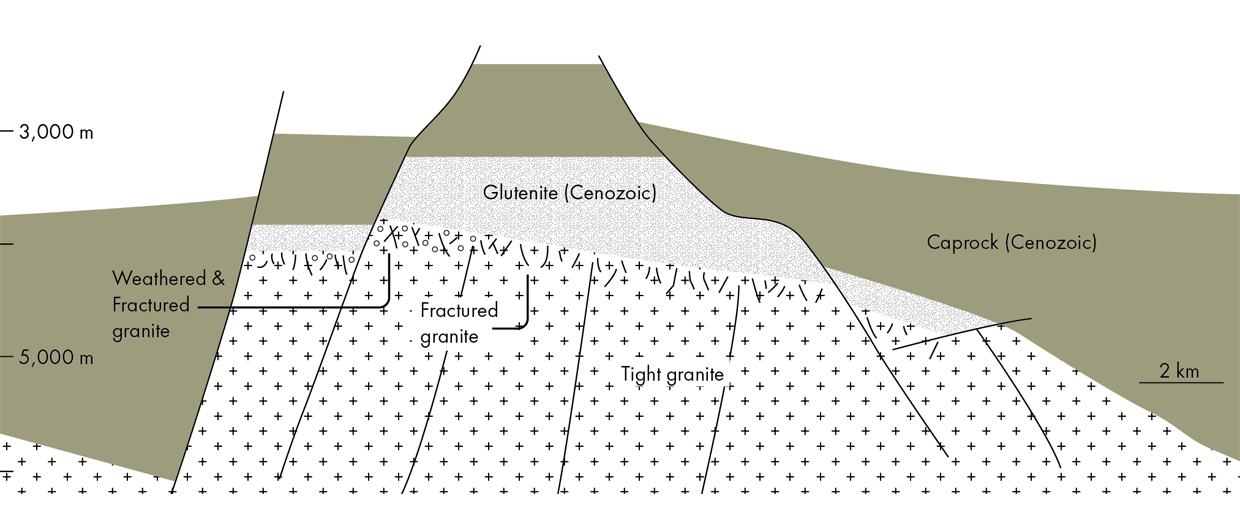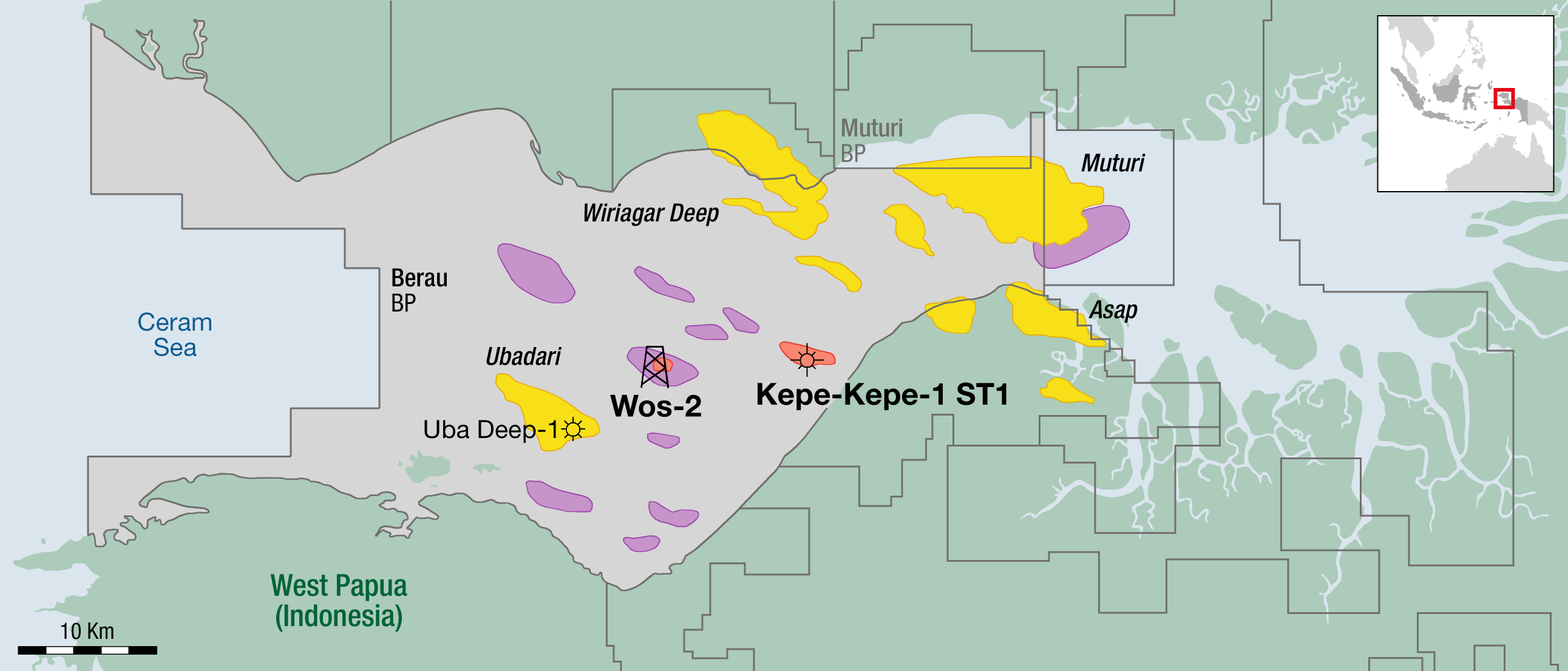“I might as well go gardening if it was not my role to speed up the process of discovering reserves through frontier exploration”, said Neil Hodgson from Searcher.
One of the things discussed during the “Frontier Exploration” panel discussion at last week’s EAGE Annual in Vienna, moderated by Andrew Latham from Wood Mackenzie, centred around the question whether it is still worth exploring for new plays in remote areas when building the necessary infrastructure can easily take more than ten years.
With the energy transition in mind, are these lead times too long and will the demand for oil and gas still be there once these new discoveries come online? 2035 was mentioned as the payback time for new gas frontier projects. That’s only 12 years from now.
“We have shown that we can bring frontier discoveries online quickly”, said Emmanuelle Garinet from TotalEnergies in response. “Frontier exploration is key”, added Hans Kuehner from Chevron. “To that end, we are looking at accelerating the turnaround time of our projects. Technology can help a great deal with this.” Neil Hodgson added that “we can now see hydrocarbons in a way they were not seen before, offering ways to more quickly de-risk new areas.”
More patience
“In the past, there was more patience when it comes to developing new discoveries”, said Andrea Lovatini from SLB. He also stressed the very important role regulators play in enabling rapid development by offering clarity on terms and conditions and access to acquire seismic data. “All in all, we see that our clients show a greater sense of urgency now than they did before.”
Graeme Bagley from Westwood Global shared that it now takes an average of 12 years from licence award to first oil or gas, with some obviously taking longer. That means 2035 will already be too ambitious as a payback time for licences issued this year and probably some years back as well.
The analyst further added that the size of the current plays being opened up are smaller than the ones discovered in the past, with a commercial success rate of late than 10% over the past 15 years. Neil Hodgson does not agree with that statement about the size of new plays when I speak to him after the panel discussion. “Look at Canada”, he says; “If BP’s Ephesus is a success, there is an absolutely enormous volume in further prospects to de-risk. I don’t think that there is a trend of new plays getting smaller at all.”
Democratising the O&G landscape
Another argument for continuing frontier exploration was put forward by Neil Hodgson. “It democratises the oil production landscape”, he said. “The current portfolio of oil and gas reserves is very much restricted to a handful of countries, and with more places being added to the exporting countries, this means a diversification of the landscape. It also offers opportunities for those countries where new volumes are being found; look at Namibia and Guyana.”
What is frontier exploration?
But what is frontier exploration in the first place?”, asked Andrew Latham. Graeme Bagley argued that frontier exploration means that a well is drilled into a basin without any commercial developments. Neil Hodgson added that it means “going to crazy places.”
“We go further than that”, said Emmanuelle Garinet: “At TotalEnergies, we believe that frontier exploration means going to places without a proven petroleum system.” What would Neil Hodgson’s equivalent word for that be?
We are running out of ideas
Is the world not running out of good frontier prospects by now? “In the 1990’s, my boss thought that was the case”, said Andrew Latham. “We are not running out of prospects”, said Neil Hodgson in return, “we are running out of ideas instead. Look at the Nile delta; first it was the Miocene, then the Pliocene, then Oligocene and then came Zohr. The world you get is the world that you believe in.” “We may earlier run out of people to find those prospects than that we run out of oil”, concluded one of the panel members.
Energy transition is coming
No matter the definition used for frontier exploration, there seemed to overall consensus that there is still a place for it in the current oil and gas landscape, but that companies feel much more of an urgency to accelerate the turnaround time from initial discovery to first oil or gas. In that sense, it is a positive thing that big companies start to take the energy transition seriously in their long-range forecasting. Let’s hope these forecasts will prove correct.





